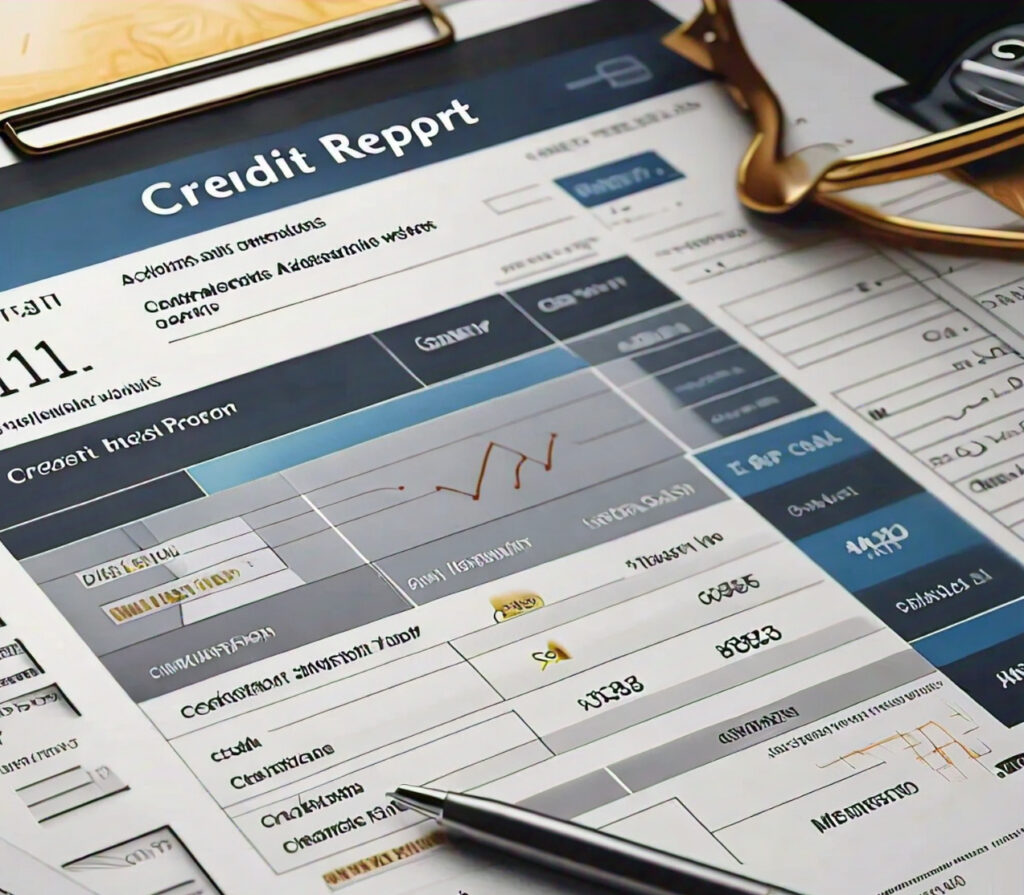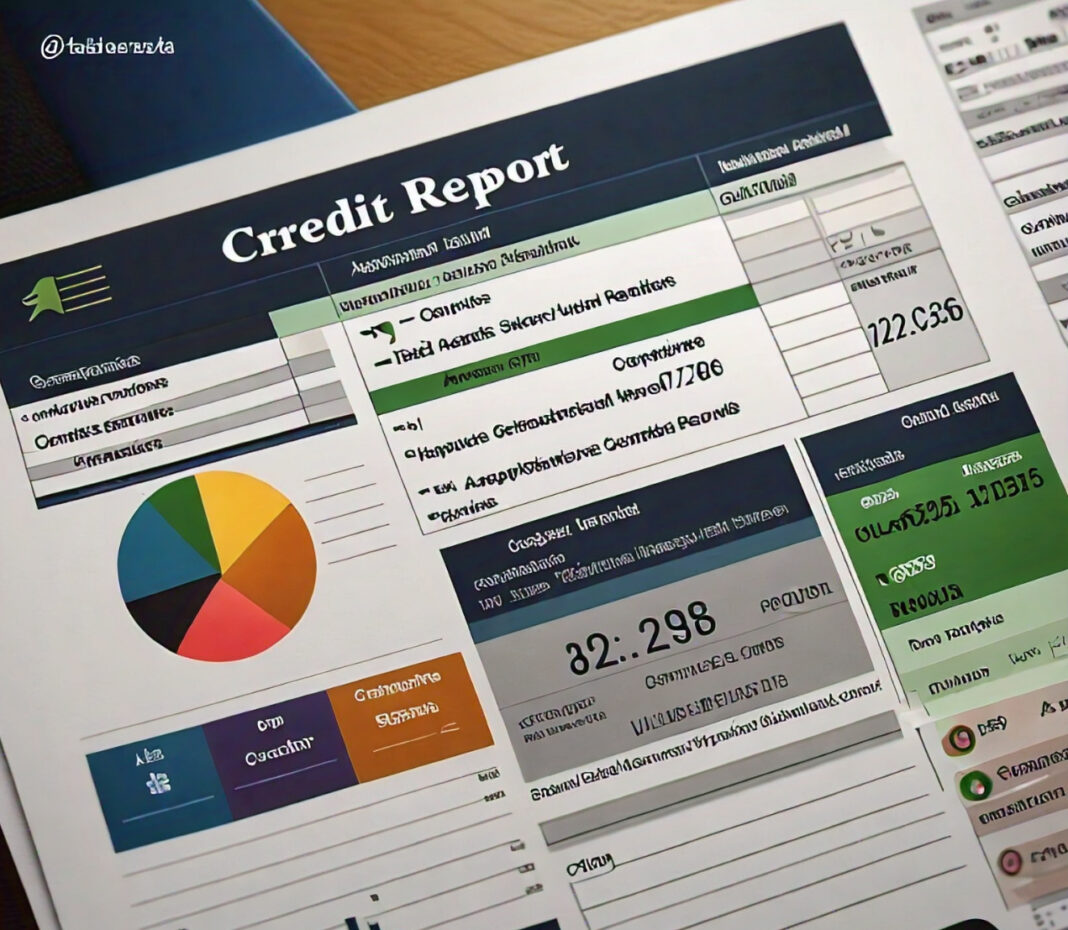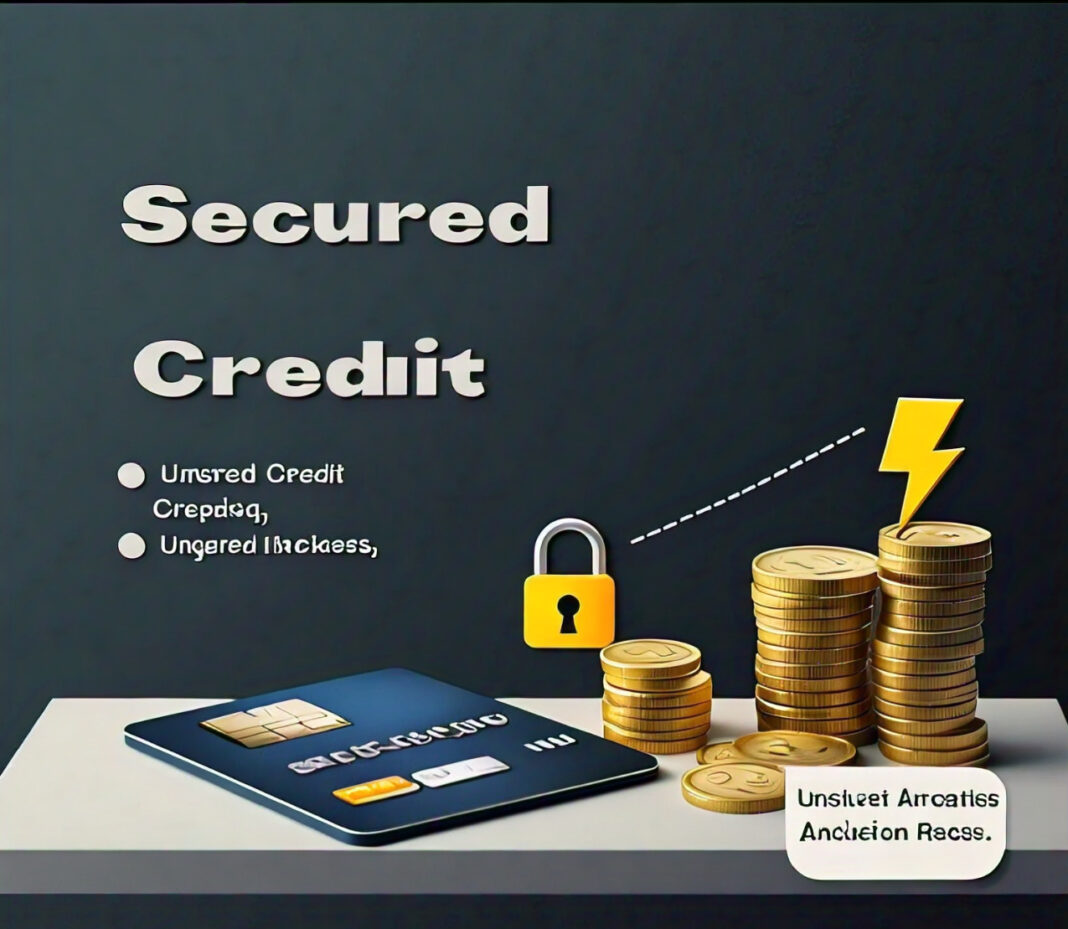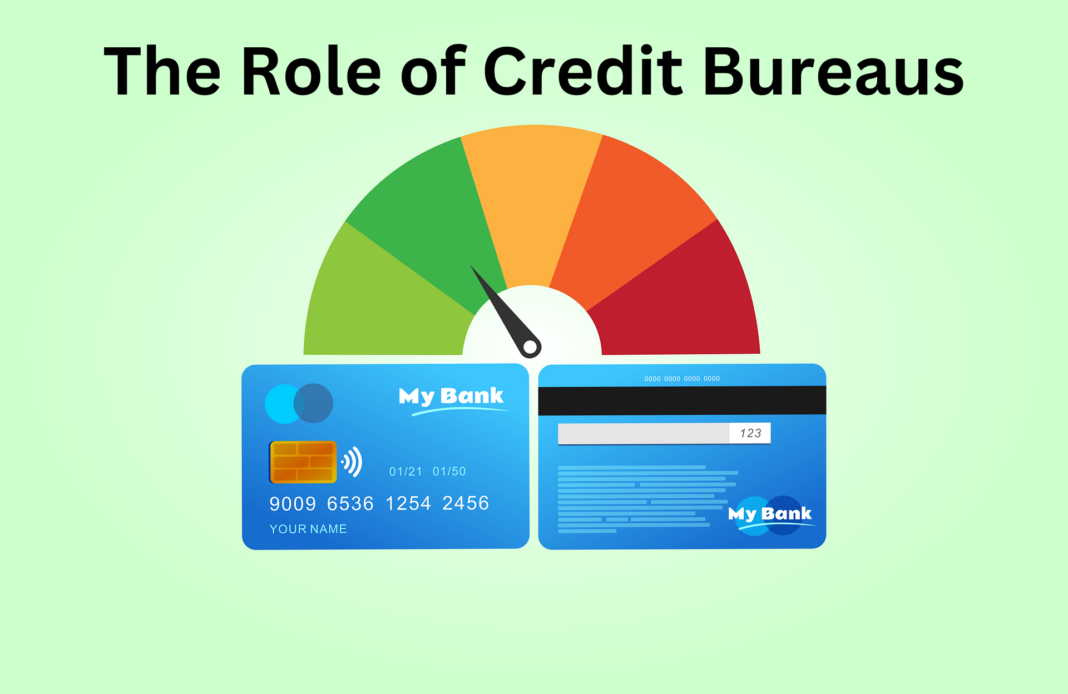Your credit report is that one important document that tends to have a rather big impact on your financial life. It helps determine whether you’ll be able to get loans and secure the best interest rates available, and it may even affect whether you get a particular job.

But what happens when this supposedly important document actually contains errors? Mistakes on your credit report can lower your credit score through no fault of your own, possibly costing you thousands of dollars over time. Fortunately, you can dispute these mistakes and get them rectified. In this step-by-step guide, we will show you exactly how to identify errors on your credit report and, more importantly, how to dispute those effectively.
Why It’s Important to Check Your Credit Report
We understand it’s important that one should check his or her credit report regularly, and here’s why:
- Catch Errors Early: The earlier you catch the mistake, the easier it is to fix.
- Stop Identity Theft: Accounts open on your report that you are unfamiliar with might suggest identity theft.
- Big Purchase Planning: Do you plan on buying a home or a car? It’s a good idea to know your credit status beforehand.
- Enhancing Credit Score: Correcting errors will increase the chances of improving your credit score.
Remember, you are entitled to one free credit report from each of the three major credit bureaus, Equifax, Experian, and TransUnion, annually through AnnualCreditReport.com.
Common Credit Report Errors to Look For
As you examine your credit report, look out for these common errors:
- Incorrect Personal Information: Examples include misspelled names, wrong addresses, or an incorrect Social Security number.
- Accounts Not Belonging to You: This would include any accounts opened by identity theft or mixed up with a namesake.
- Accounts Shown As Open but Actually Closed: The accounts you have closed should be reported as such.
- Inaccurate Account Balances: Your current balances on open accounts should be reflected.
- Duplicate Accounts: The same debt should not be listed more than once.
- Incorrect Payment Status: Late payments listed that actually were paid on time, and vice versa.
- Outdated Information: Negative information that should have aged off your report.
Step-by-Step Guide to Disputing Credit Report Errors
Now that you know what to look for, let’s go through how you can dispute errors on your credit report:
Step 1: Gather Your Documents
Before you start the dispute process, you will want to gather all relevant documents supporting your claim. Some documents might include the following:
Bank statements
Payment receipts
Correspondence with creditors
- Court documents, in case of court involvement
- Identity theft reports if that applies to your situation
Having these documents ready will help facilitate the dispute process and time involved.
Step 2: Contact the Credit Bureau
After identifying an error and compiling supporting documents, it is time to contact the credit bureau. You can do this in three ways:
- Online: Each credit bureau has an online dispute center where you can submit your claim.
- Mail: Send a letter by certified mail; return receipt requested.
- Phone: While easier, providing an auditable paper trail may not be as effective.
We recommend using certified mail or the online dispute center to dispute any errors found. This is the safest and most accountable way to do so.
Step 3: Provide Detailed Information
When disputing an inaccuracy, be very specific and include sufficient information. The information you will need to provide includes:
Full name
Address
Social Security number
What You Need to Send with Your Dispute
- The report confirmation number if you ordered the report online
- The account number of any account that you are disputing
- The item(s) of information that you are disputing and why
- Any corrections to be made
- Copies, and not originals, of your supporting documents
Step 4: Contact the Information Provider
While the credit bureau must investigate your claim, it’s equally necessary that you contact the furnisher of the bad information. This might be a bank, credit card company, or even a debt collector. Explain the mistake to them in a letter and include copies of your supporting documents.
Step 5: Wait for the Investigation
By law, credit bureaus must investigate your dispute within 30 days; sometimes, it’s 45 days. They will forward your dispute information to the furnisher, who must then investigate and report it to the credit bureau.
Step 6: Review the Results
By law, once the investigation is finished, the credit bureau also must give you the results in writing. If a change was made due to your dispute, you’re entitled to a free copy of your new credit report. This doesn’t count as your annual free report.
Step 7: Follow Up If Necessary
Sometimes, the dispute doesn’t come out in your favor. If that’s the case, you can:
- Add a Statement to Your Report: You can add a brief statement explaining your side of the story.
- File a Complaint: If you think the credit bureau or furnisher violated your rights when handling your dispute, you can submit a complaint to the Consumer Financial Protection Bureau (CPFB).
- Get a Lawyer: Sometimes, especially when there is a financial issue at hand, it may be advisable to consult with a consumer protection attorney.
Success Tips for a Dispute
To increase your likelihood of a successful dispute, remember the following tips:
- Be Honest: Only dispute actual errors. Attempting to dispute accurate negative information is fraud.
- Be Concise: While you want to provide all relevant information, make your explanation clear and concise.
- Keep Records: Keep copies of all correspondence and dates of phone calls.
- Follow-Up: If you don’t hear back after 30-45 days, contact the credit bureau.
- Be Patient: It may take time, especially if you are disputing multiple items.
Understanding Your Rights
It is essential to be informed of your rights related to credit reporting:
- You Have the Right to an Accurate Credit Report: The FCRA requires credit bureaus to report only accurate information.
- You Have the Right to Dispute Errors: Credit bureaus must investigate disputed items unless they consider the dispute frivolous.
- You Have the Right to Know What’s in Your Report: You are entitled to one free copy of your annual credit report from each bureau.
- You Have the Right to Know if Information in Your Report Has Been Used Against You: If you are denied credit, insurance, or employment based on a credit report, you must be informed of this and the name and address of the credit bureau that supplied the report.
Preventing Future Errors
Although you can’t completely avoid errors on your credit report, you can take steps to catch them early:
- Check Your Credit Reports Regularly: You should review your reports from all three bureaus at least once a year.
- Consider Credit Monitoring: Some of these services will let you know if anyone has accessed your credit report.
- Keep Good Records: Keep files of your credit card statements, loan documents, and other financial records.
- Be Careful with Your Personal Information: Give extra thought to giving out your Social Security number and other personal data.
When to Seek Professional Help
For most people, credit report disputes can be handled themselves. However, there are limited instances when professional help may be helpful:
- Identity Theft: If you have been a victim of extensive identity theft, a credit repair professional may help you through the convoluted process.
- Persistent Errors: A credit attorney may be able to help you if you have tried several times to correct an error and failed.
- Time Constraints: If you plan to make a huge purchase and don’t want to invest your time in handling disputes yourself, then you can be helped by a credit repair service.
Remember, though credit repair companies are helpful, be wary of any company promising to remove accurate negative information or create a new credit identity. These activities are considered illegal.
Conclusion
Your credit report is a major document reflecting your financial history. It is up to you to make sure everything in it is correct. Sometimes, it may be advisable to obtain a copy of your credit reports on a routine basis, dispute errors promptly, and stay informed about your rights so that your credit profile can remain healthy. After all, dispute procedures may seem complicated, but you can manage them patiently and persistently. An error on your credit report could hinder your goal achievement. Take control of your credit today by reviewing your reports and addressing any inaccuracies you find.
Whether you are preparing for a major purchase, recovering from identity theft, or simply maintaining your financial health, knowing how to dispute errors on your credit report is an invaluable skill. With the steps outlined in this guide, you will be in a better place to rectify any errors and ensure that your credit report represents the actual you regarding your credit history. Your financial future depends on it, and you cannot afford to let errors slide by. Take action today to protect and enhance your credit standing.






